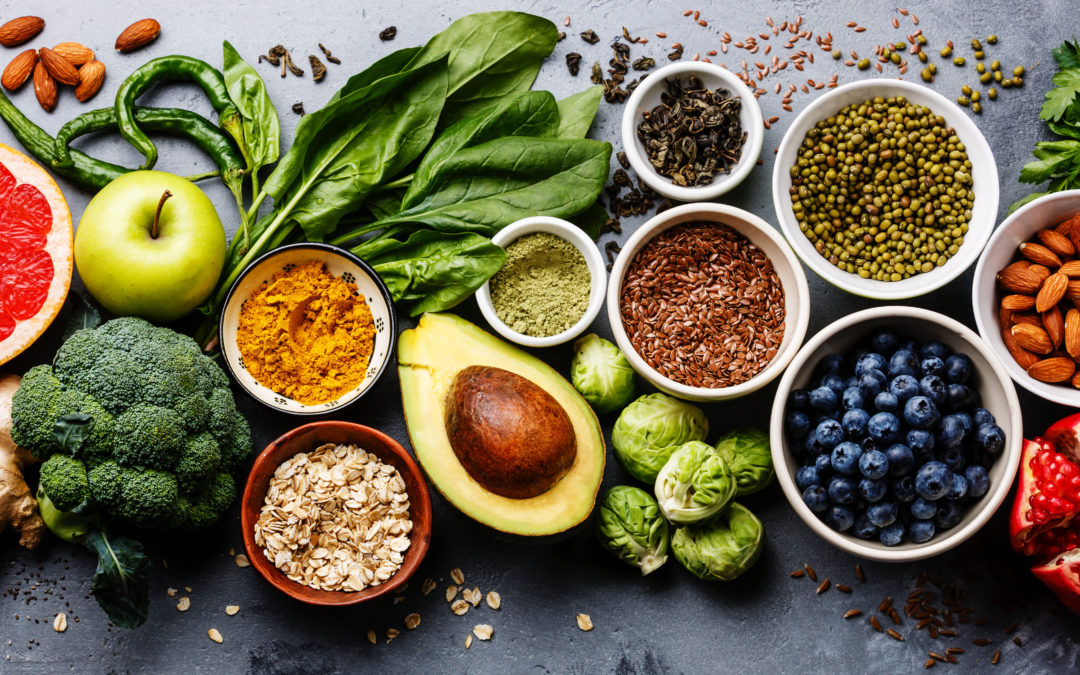There is an overused phrase in nutrition writing: You are what you eat. It comes from the common understanding that the foods you fuel your body with provide the building blocks for your cells. However, over the last decade there is growing evidence that what you eat may also impacts your mental health.
The food we eat provides more than the building blocks of our cells. Have you ever noticed how difficult it is to concentrate when you’re hungry? Your mental functioning is depleted due to a lack of food. As a culture we’ve even created the term “hangry” to describe when an person is irritable and has a lack of emotional control due to their hunger. These simple experiences and cultural phenomenon are now being studied more closely in a field called nutritional psychology.
Some scientists are studying the connection between food and mood by examining the production of serotonin in the gut. Serotonin is a hormone that regulates mood. People with low levels of serotonin often experience feelings of depression. An interesting fact about serotonin is that 90% of it is produced in your gut. This relationship between the digestive system and the neurological system is often referred to as the “gut-brain connection.”
In addition to the gut-brain connection, food also impacts energy or motivational levels and can impact the chemistry of our brains. There is preliminary research suggesting that a healthy diet improves mental function, emotional regulation and could provide some protection from depression and anxiety.
 It is unclear yet which nutrients and how much of them one needs to see a mental health benefit but eating food high in fiber, low in refined sugar and trans-fat, with unsaturated fats is a great place to start.
It is unclear yet which nutrients and how much of them one needs to see a mental health benefit but eating food high in fiber, low in refined sugar and trans-fat, with unsaturated fats is a great place to start.
General diet guidelines for improving mental function and emotional regulation:
- Eat whole foods and avoid packaged or processed foods.
- Eat whole fruit or vegetables rather than drinking juice to avoid added sugars and increase fiber intake.
- Include probiotic-rich foods such as yogurt (avoiding fruit-based yogurt, which is high in unwanted sugars), kimchee, sauerkraut, kefir or fermented pickles to support healthy gut bacteria.
- Eat foods rich in fiber such as lentils, rolled or steel-cut oats, broccoli or berries.
- Replace sugary desserts with a serving of fresh fruit and dark chocolate (avoid artificial sweeteners which confuse your body into producing more insulin)
- Avoid processed and packaged foods that are high in food additives that disrupt the healthy bacteria in the gut such as chips, candies, crackers, and cookies.
Eating an anti-inflammatory diet, such a traditional Mediterranean diet, is not only recommended for your physical health; this diet could also provide the fuel your brain needs to function at its best.


